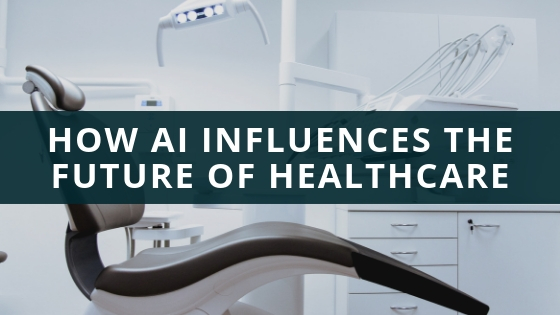From hospitality to customer service to education, there are very few sectors that are not experiencing a technological revolution and healthcare is no exception. From digitized records to barcode scanners helping to manage inventory, technology is helping make healthcare a much more smooth and efficient process. Artificial intelligence (AI), in particular, is having a specific impact on healthcare, helping providers to offer better diagnosis and even better interpret test results. Here are three ways AI is poised to influence the future of healthcare.
Imaging diagnostics
Modern imaging now allows health care providers to view the human body in a way that is equivalent to seeing every blade of grass on a football field. Unfortunately, the conundrum that modern health care providers face is that as the quality of imaging improves, giving them access to scan the interior workings of the human body at an almost microscopic level, it produces too much data to be able to accurately interpret it. AI, however, can quickly scan through thousands of images to find shadows, shapes, or irregularities that may point to any number of issues or conditions, which human eyes can then review and interpret.
Better medication management
The human body is an amazingly complex organism. Most doctors barely have time to scan a patient file, let alone do a deep dive into their history. Many patients may take a dozen or more medications in the span of a year, some ongoing and some on a short-term basis. All of these medications have the potential to interact with each other in an unbeneficial way. Some medications can even cancel out the effects of others. AI is capable of scanning through thousands of bits of data on all of the medications a patient is taking or has taken in the past year or more to accurately predict the potential for any negative interactions.
Smart device monitoring
Smart devices such as heart monitors or blood pressure cuffs may still be in their infancy, but they are poised to be the next big thing in healthcare. Imagine thousands of pre or post-operative patients being able to send in a steady stream of health data via smart devices that can be analyzed for irregularities to determine if they need to actually see a doctor or not. Instead of spending time seeing patients to determine if they need follow-up care, doctors can instead spend their time with patients that have already been flagged as having symptoms worthy of concern.
